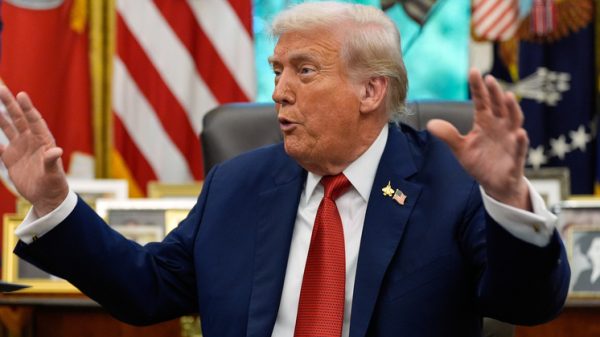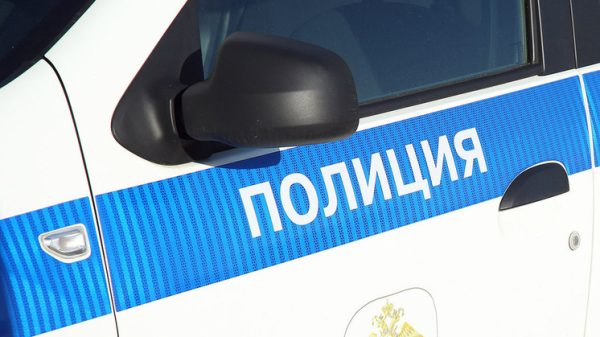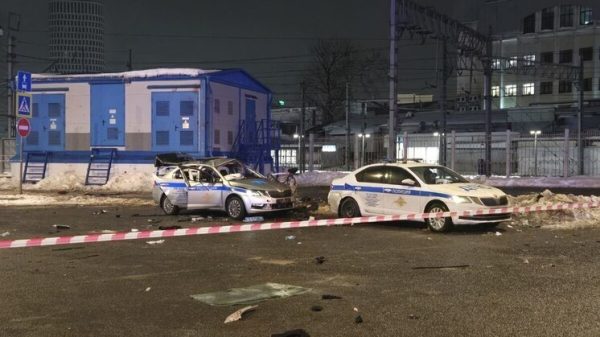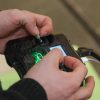A mystery case of Covid-19 has emerged in Auckland with authorities saying the person who caught it had no links to areas of risk like the border.
The person, a student living alone, has been moved to a quarantine facility but there was no concrete information on the source of infection.
The Covid-19 minister, Chris Hipkins, asked New Zealanders not to panic but many Aucklanders quickly became concerned about the city moving up alert levels or facing a possible third lockdown.
The director general of health, Dr Ashley Bloomfield, said urgent genome testing was under way and Aucklanders should remain vigilant with their protection efforts, including not going to work if they felt ill, and wearing masks on public transport and in public places.
Nearly a third of New Zealanders felt badly distressed in Covid lockdown
Read more
The student at Auckland University of Technology became symptomatic on Monday and possibly had been infected on the previous Saturday.
Bloomfield said the student lived alone and had very little contact with other people or large public spaces such as supermarkets since becoming sick.
However, despite being symptomatic, the student did continue going to their job at A-Z Collection in the city centre, Bloomfield said, and all its workers were undergoing testing and isolation. Anyone who visited the store was asked to do the same.
The student had not visited university or attended lectures since mid-October.
“We are urgently working to trace this person’s movements over the past week to determine how they became infected,” Bloomfield said.
“Genome testing of this case is also under way to help us understand any potential links to previous cases.”
Hipkins said a further media conference would be held at 5pm on Thursday. The minister asked Aucklanders not to panic, saying health authorities were taking a “calm and methodical response”.
Dr Siouxsie Wiles
(@SiouxsieW)
Hey Auckland. @AshBloomfield has just announced a new case of #Covid_19 in Auckland not yet linked to the border. While we wait for more info, use your slices of #SwissCheese Use the app. Wear a mask. Wash your hands. Get tested & self isolate if you have symptoms. #covid19nz pic.twitter.com/2uazCq2g6w
November 12, 2020
In August Auckland entered a second three-week lockdown after a cluster of more than 100 infected people developed in the city’s south. Auckland is New Zealand’s largest city and home to 1.7 million people.
Lesley Gray, a senior lecturer in health at the University of Otago, said she had noticed New Zealanders becoming complacent towards protecting themselves and others from the virus. “From what information we have available about the Auckland community case it seems a little troubling that there is no obvious links to earlier cases,” Gray said.
“I was travelling [between Wellington and Christchurch] earlier this week and it was very interesting to note minimal use of the hand sanitisers placed in many public areas, little apparent scans or check-ins with the Covid tracer app at the airport, and I only saw one person mask-wearing.”
Fewer than 2,000 people have become infected with Covid-19 in New Zealand while 25 have died. The results of the government’s elimination strategy and hardline border policies have been praised around the world, and the freedom New Zealanders enjoy is envied. Sporting matches, concerts and eating and drinking out are all possible, and the prime minister, Jacinda Ardern, has resisted lobbying by Australia and some Pacific nations to open the borders.
Infectious disease experts have praised New Zealand’s response, though some have noted the borders remain a risky area and their management has not always been best-practice.




















































Свежие комментарии